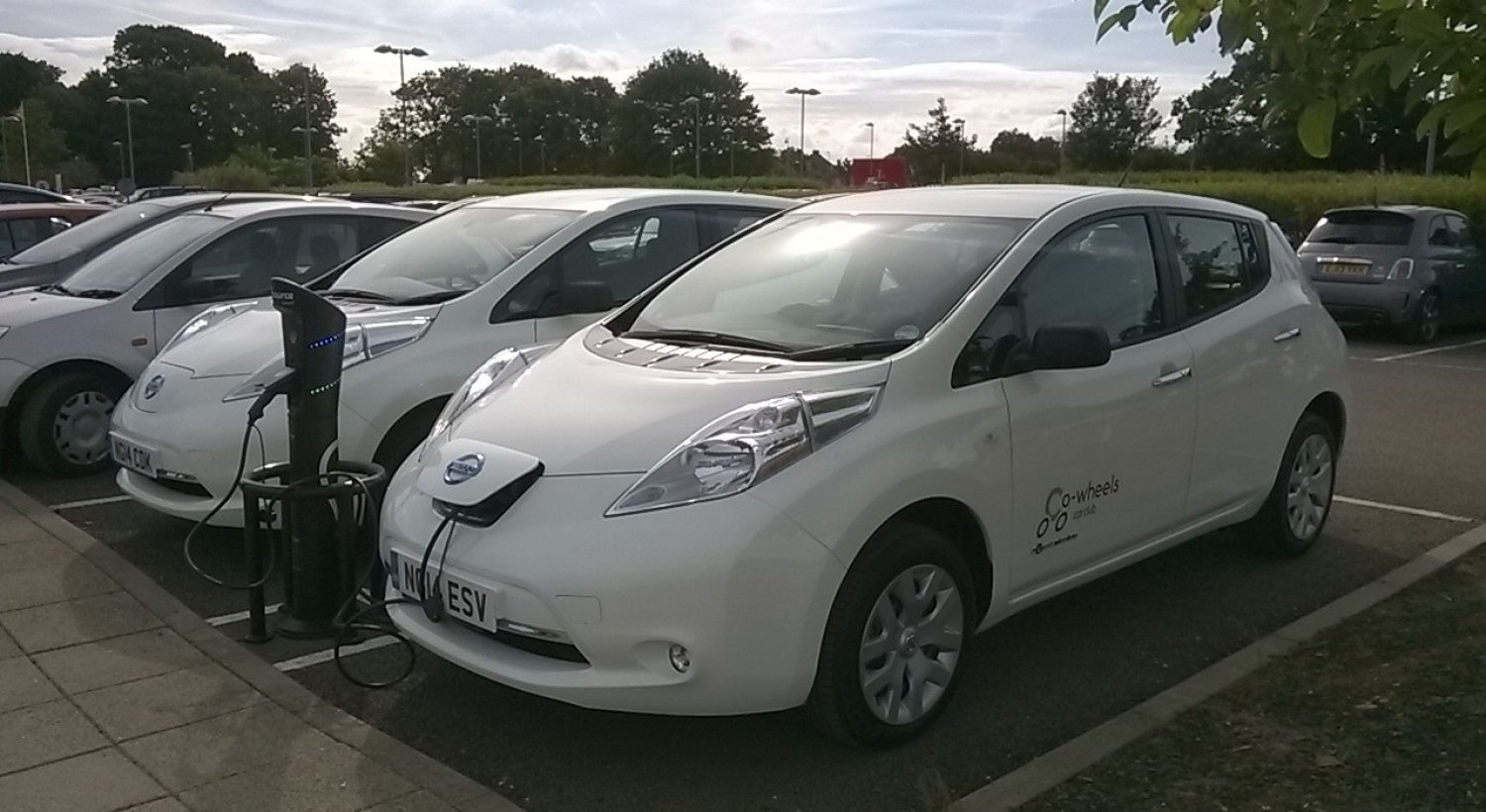What We Delivered
I am text block. Click edit button to change this text. Lorem ipsum dolor sit amet, consectetur adipiscing elit.
Assessment of concepts, products and services according to defined social, economic and environmental criteria
Defining commercial opportunities and the underlying economic impacts of a project
Sector Expertise
We have globally recognised expertise in the policies, infrastructure, business models and investments required to support widespread adoption of electric vehicles
How new technologies and business models are transforming the way people and goods are transported to create better connected, healthier and more sustainable cities
Related Projects

Piloting a golf innovation district in North East England

Future commissioning choices for weight management

Sunderland’s Better Mental Health Evaluation

Community capacity-building for a just transition in Ireland



![cyberessentials_certification mark_colour [12] cyberessentials_certification mark_colour [12]](https://urbanforesight.org/wp-content/uploads/elementor/thumbs/cyberessentials_certification-mark_colour-12-pnvwipr8zh5rhqz25vzzioz2x8t2zltvu0gwqv4000.png)
